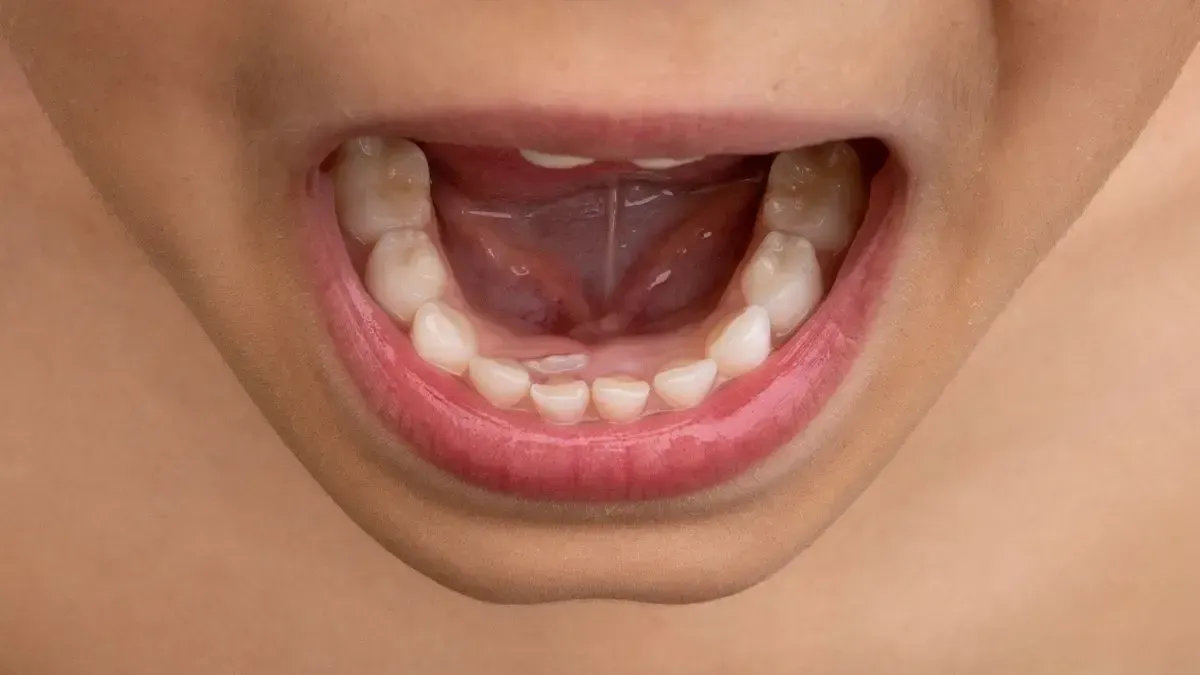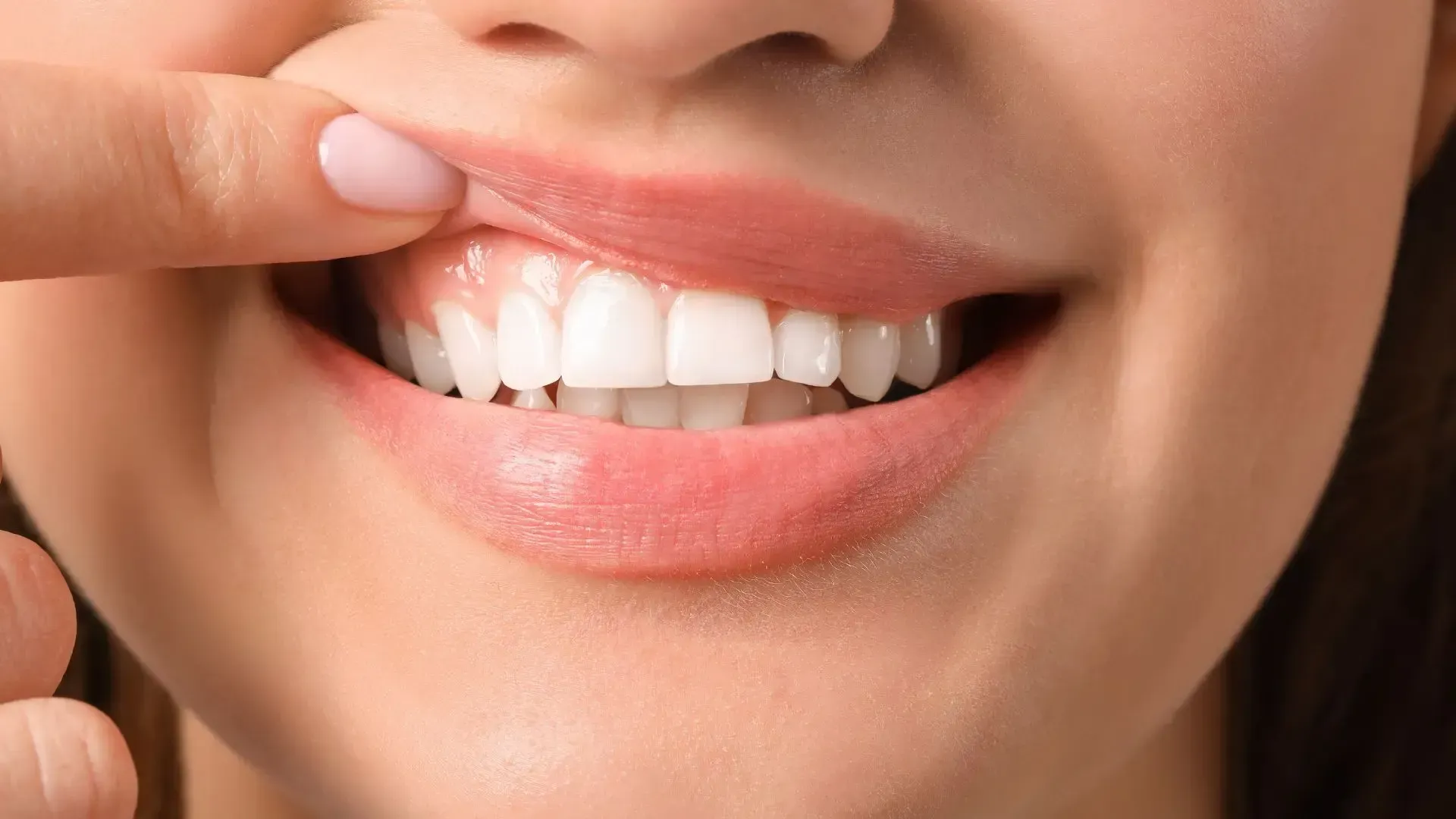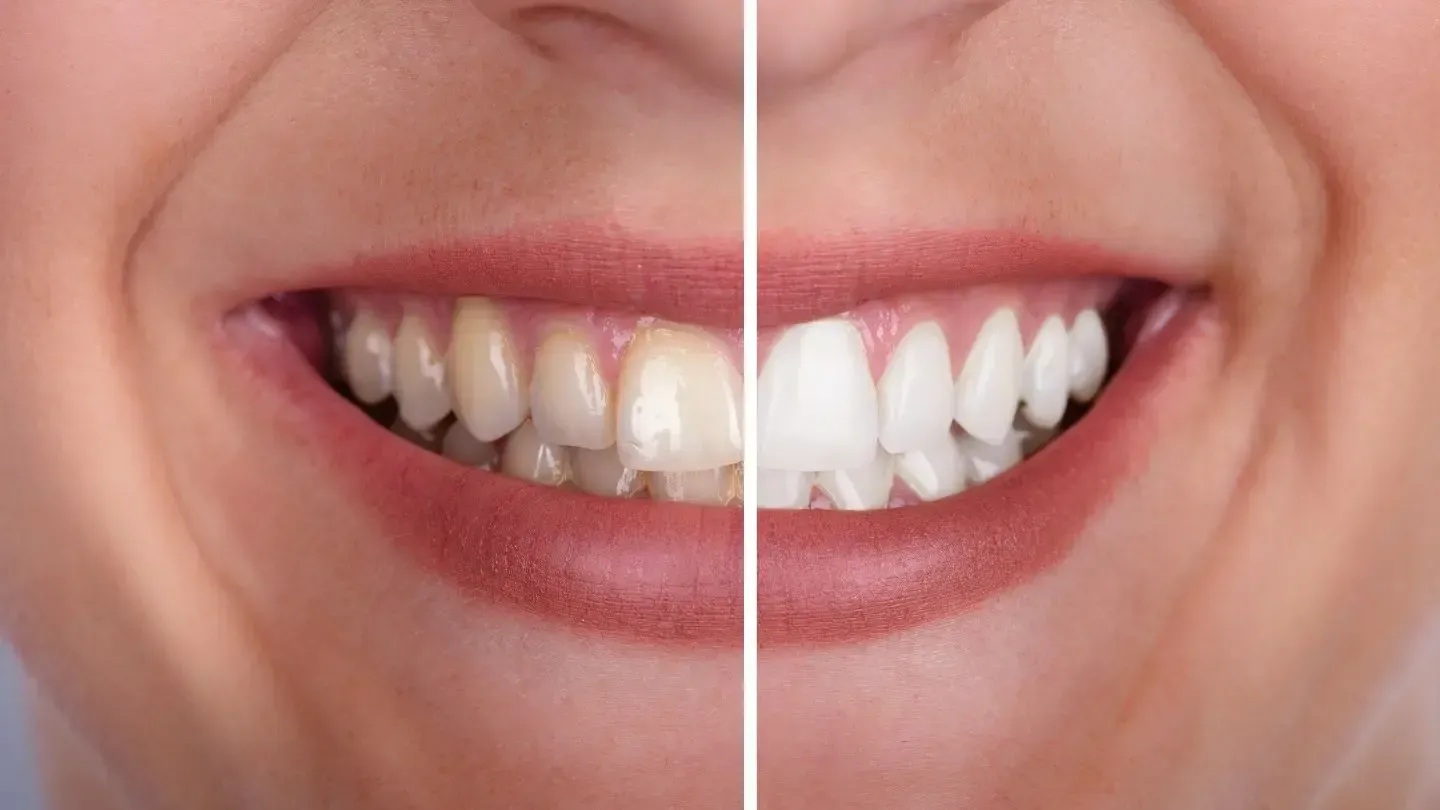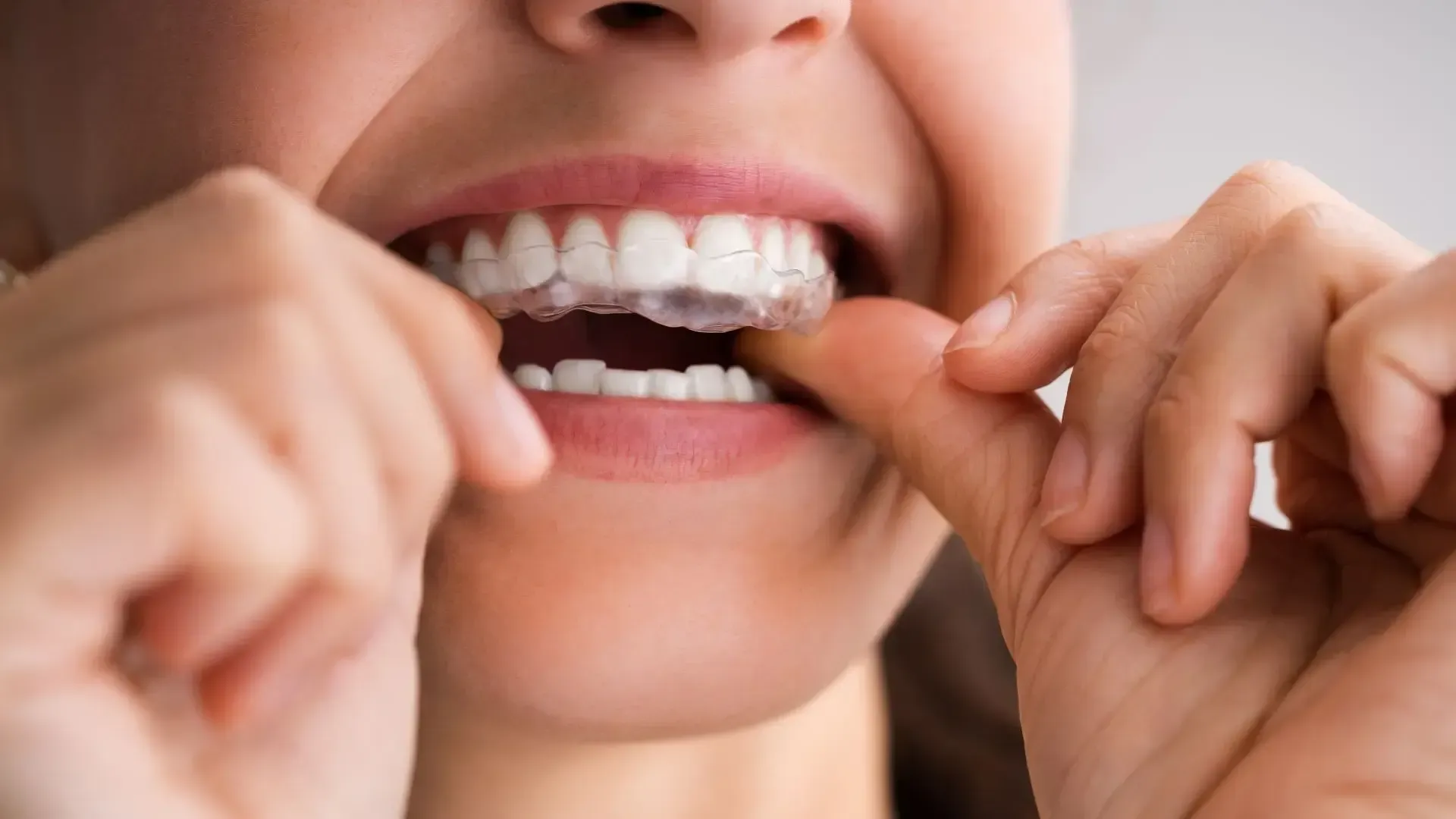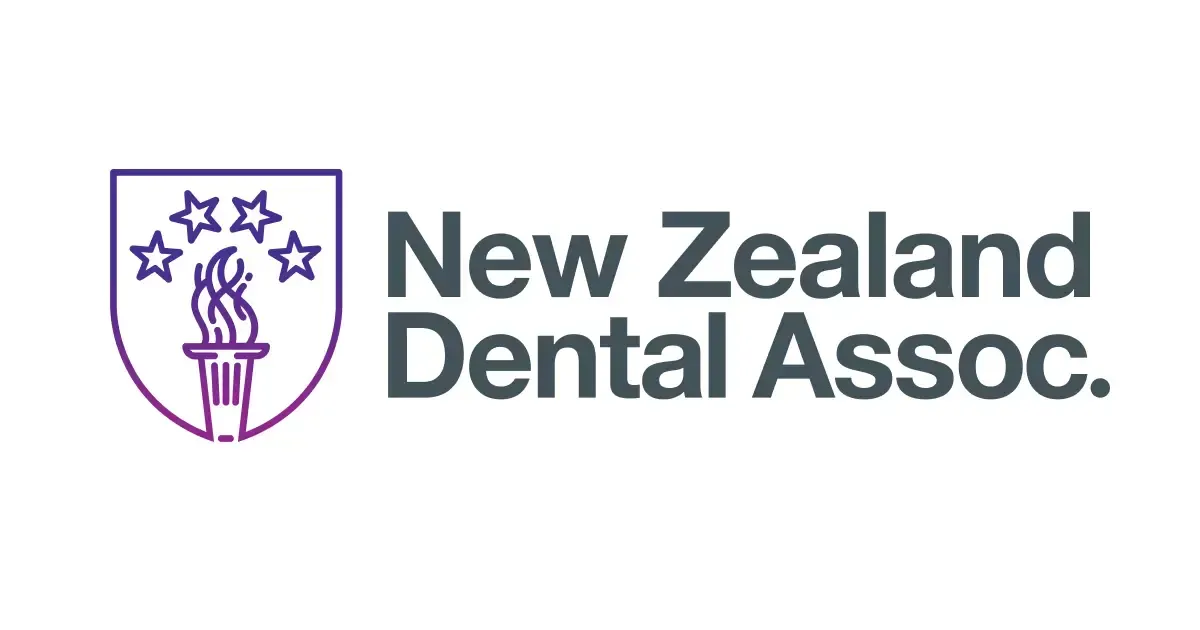Diabetes and dental health: Why dental care is so important

It is estimated that the number of people diagnosed with diabetes in New Zealand exceeds 250,000. Diabetes is a chronic condition which left uncontrolled can wreak havoc on various systems in the body, but did you know it can also cause problems with your mouth?
The diabetes-oral health connection
Tooth and gum problems are not unique to diabetics, they can happen to anyone. However, the high blood glucose helps bacteria grow which means diabetics can be more susceptible to dental problems. The relationship between diabetes and oral health is multifaceted, with several key factors at play:
Gum disease: diabetic patients are more susceptible to gum disease (periodontitis). The elevated blood sugar levels compromise the body's ability to fight infections, making it easier for bacteria to thrive in the mouth. This can lead to inflamed bleeding gums, gum recession, pain, persistent bad breath, problems chewing and even tooth loss if left untreated.
Dry mouth: diabetes can also cause a dry mouth due to reduced saliva production. Saliva is crucial for maintaining a healthy oral environment as it helps to neutralise acids and clean the mouth which protects it against tooth decay. Dry mouth can also cause painful sores and ulcers to develop which, combined with an increase in the level of sugar in the saliva, can cause oral thrush and fungal or bacterial infections.
Delayed healing: diabetic patients often experience slower wound healing, which can affect recovery after dental procedures. This is an essential consideration when planning any dental treatments like extractions or oral surgeries.
Diabetes dental tips and preventative measures
Given the significant impact of diabetes on oral health, it is essential to take proactive steps to minimise risks. Here are some strategies to consider:
Inform the dental health care provider about your diabetes diagnosis
When you first attend one of Duxton Dental’s clinics in Christchurch, a thorough medical history is taken, but you also need to inform us about any new health concerns and diagnoses. This helps to ensure you continue to receive quality dental care tailored to your specific needs.
Attend regular dental check-ups
Frequent monitoring allows for early detection and prompt treatment of any oral health issues if they arise.
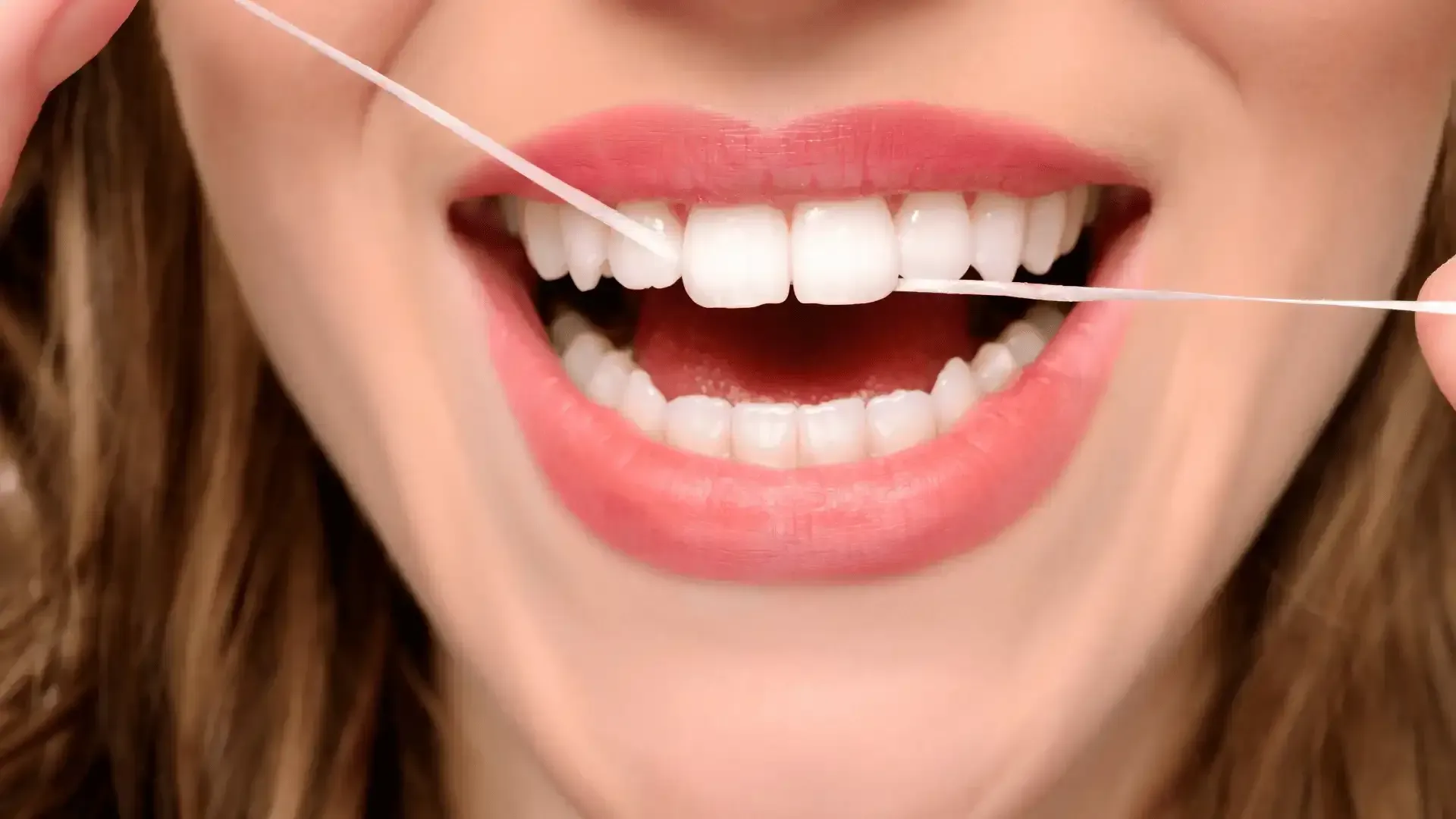
Be fastidious about oral hygiene
A consistent dental care routine helps prevent gum disease and cavities. This means brushing your teeth twice a day as a minimum, flossing and using an antiseptic mouthwash.
Blood sugar control
Stable blood glucose levels reduce the risk of oral health complications – work proactively with your doctors to manage your blood sugar levels effectively.
Saliva management
Hydrating properly is essential, especially in the warmer months. Sugar-free gum, lozenges or artificial saliva products can be helpful too.
By understanding the connection between diabetes and oral health, practicing good oral hygiene, and managing your blood sugar levels effectively, you can minimise the risks and maintain a healthy smile.
Regular dental check-ups, early intervention, and consistent self-care can go a long way in preserving their teeth and gums despite the challenges posed by this chronic condition.
Do I need to visit the dentist?
Symptoms to be aware of:
· Swollen and/or sore gums
· Bleeding gums
· Gums receding so your teeth look longer than normal
· Loose or sensitive teeth
· Bad breath
· A bite that feels different
· Dentures that stop fitting as well as they did
Remember, a healthy mouth is an essential component of overall well-being, and with the right approach, you can still have a fabulous smile. Whether you are newly diagnosed or are a diabetes veteran, contact us today to make an appointment with your local dentist Riccarton (Christchurch). Call 03 348 5488 or click here.






